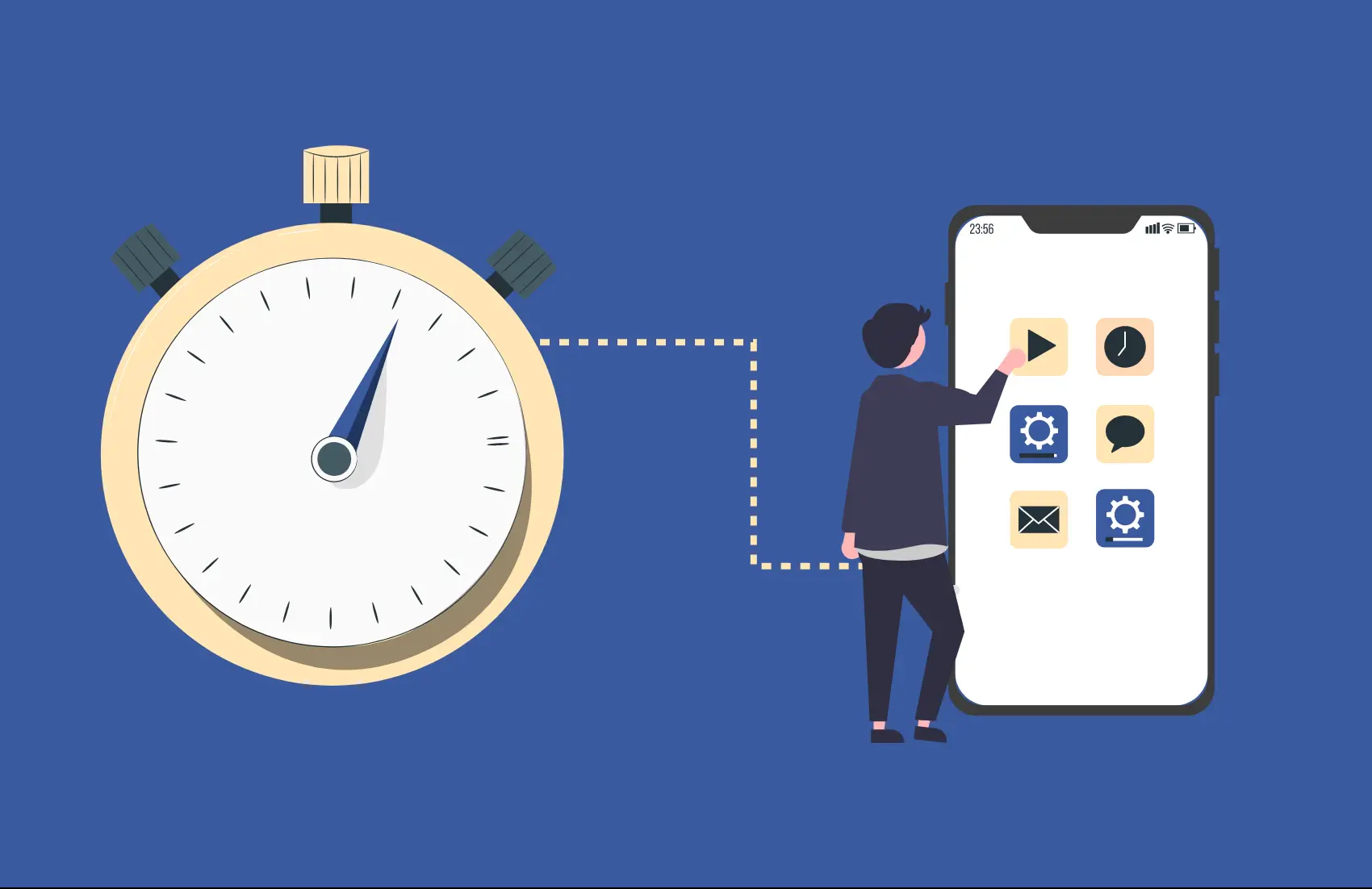Tracking employee work hours and attendance is vital for businesses in Malaysia to ensure accurate payroll, increase productivity, and comply with local labor laws. Time tracking refers to recording the amount of time employees spend on work tasks, including start and end times, lunch breaks, and daily attendance. Tools like manual timesheets, punch clocks, mobile time-tracking apps, and employee attendance systems help businesses streamline this process. These systems enhance accountability software for monitoring employees, reduce time theft, and support better resource planning, especially during peak workloads or projects. Malaysia’s Employment Act 1955 mandates a maximum of 45 working hours per week, overtime pay for extra hours, employee time tracking software and at least one rest day per week.
Employer must ensure their time-tracking methods align with these legal requirements. When choosing a time-tracking app, features like user-friendly design, mobile compatibility, payroll integration, real-time updates, analytics, and legal compliance are essential. Additionally, having a clear time-off policy that outlines types of leave, entitlements, request procedures, and approval processes helps avoid scheduling conflicts and ensures fairness. Efficient management of time-off requests using tracking apps can make leave planning easier and more transparent. A well-implemented time-tracking system improves operations, supports legal compliance, and contributes to a more productive and satisfied workforce.
Project time tracking software is essential for businesses looking to improve efficiency, manage resources better, and increase profitability. It allows teams to track how much time is spent on tasks and projects, helping managers monitor productivity, set accurate timelines, and assign tasks effectively. These tools automate time-tracking processes, replacing manual methods prone to error, and provide real-time insights into workflow. Employees can log hours, monitor their progress, and optimize their time management. For remote or hybrid teams, time tracking software ensures accountability and supports flexible scheduling.
Key benefits include improved employee productivity, accurate billing, better workload distribution, and streamlined payroll processing. By knowing how long tasks take, companies can prioritize work, prevent burnout, and make informed decisions about staffing and resource allocation. Software features like clock-in/clock-out tracking, report generation, and integration with payroll systems also help in maintaining legal compliance and efficient compensation planning.
Ultimately, project time tracking tools foster transparency, enhance team communication, and create a more organized workflow. With options like employee time tracking software offering user-friendly interfaces and powerful analytics, investing in the right software can significantly boost a company’s operational effectiveness while empowering employees to work smarter and stay focused on high-value tasks.
When choosing a project management and time tracking tool, look for essential features like a reliable time tracker, attendance tracking, automated timesheets, billing and payroll automation, seamless third-party integrations, and advanced analytics and reporting. These features streamline workflows, improve productivity, and ensure accurate payroll and project monitoring.
In today’s dynamic work environment, time tracking software is a game-changer for businesses and individuals alike. Whether you’re managing a remote team or juggling multiple projects, this tool enhances productivity, streamlines project management, and ensures accurate billing. It records how time is spent on tasks, helping teams stay focused, accountable, and efficient in their work.
Key features include quick-access trackers, real-time reporting, shift scheduling, attendance monitoring, and automated invoicing. These tools eliminate manual time logs and streamline payroll, billing, and resource planning. Whether you’re a freelancer or managing a full-scale enterprise, time tracking ensures your time translates into value.
When choosing software, consider usability, integration capabilities, mobile access, and analytics. Prioritize features like automated timesheets, project-based billing, and smart reports. Make sure it aligns with your workflows and provides valuable insights to boost team performance.
Top trends in 2025 include mobile apps with geofencing, AI-powered automation, biometric logins, and even energy expenditure tracking to support employee wellness. Some tools also integrate with wearable devices for real-time monitoring of productivity and health.
Investing in the right tracking time software is more than a tech upgrade. It’s a smart step toward optimized performance, better project outcomes, and empowered teams in a fast-paced digital world.
Keep an eye for more latest news & updates on Touch Cric!

